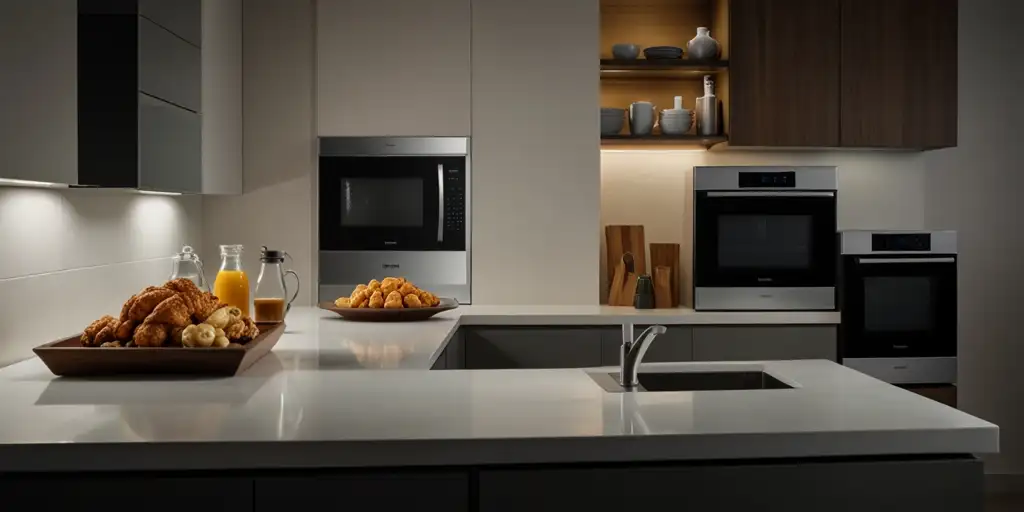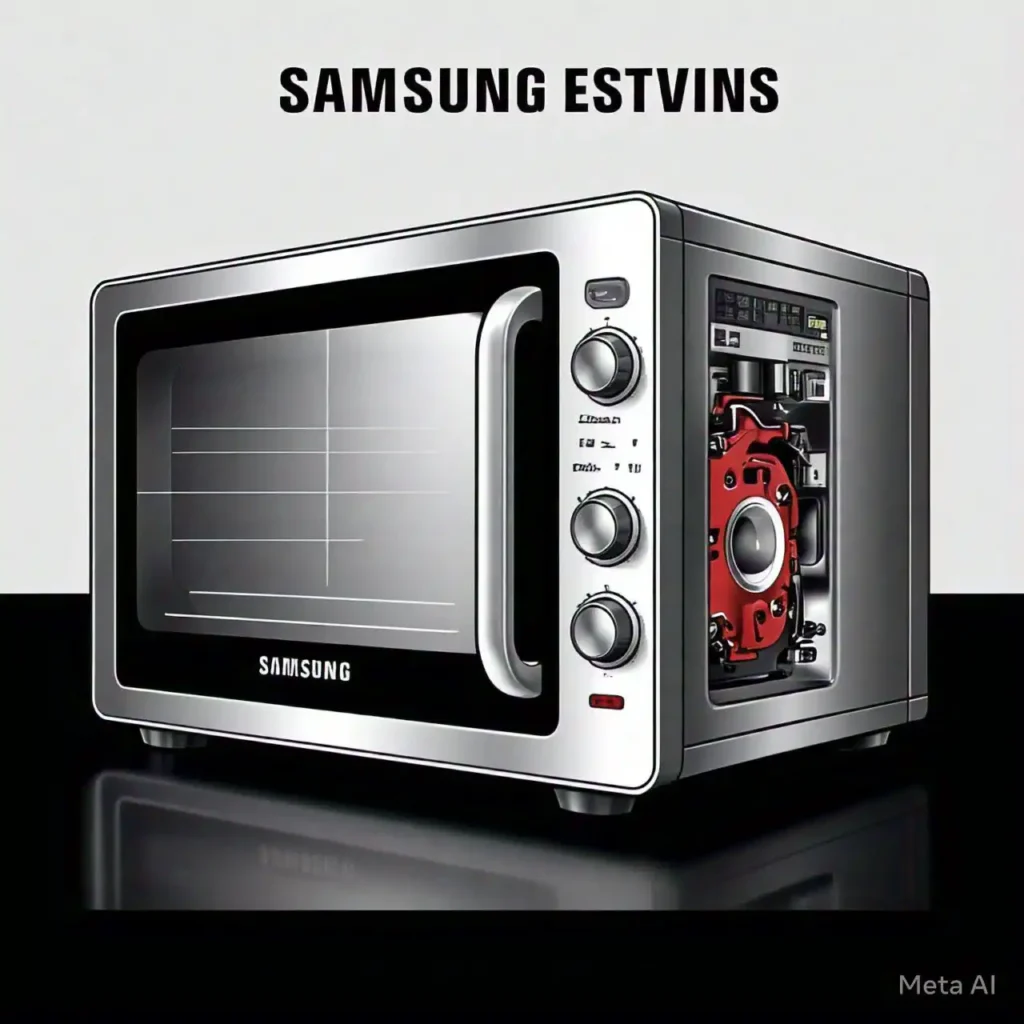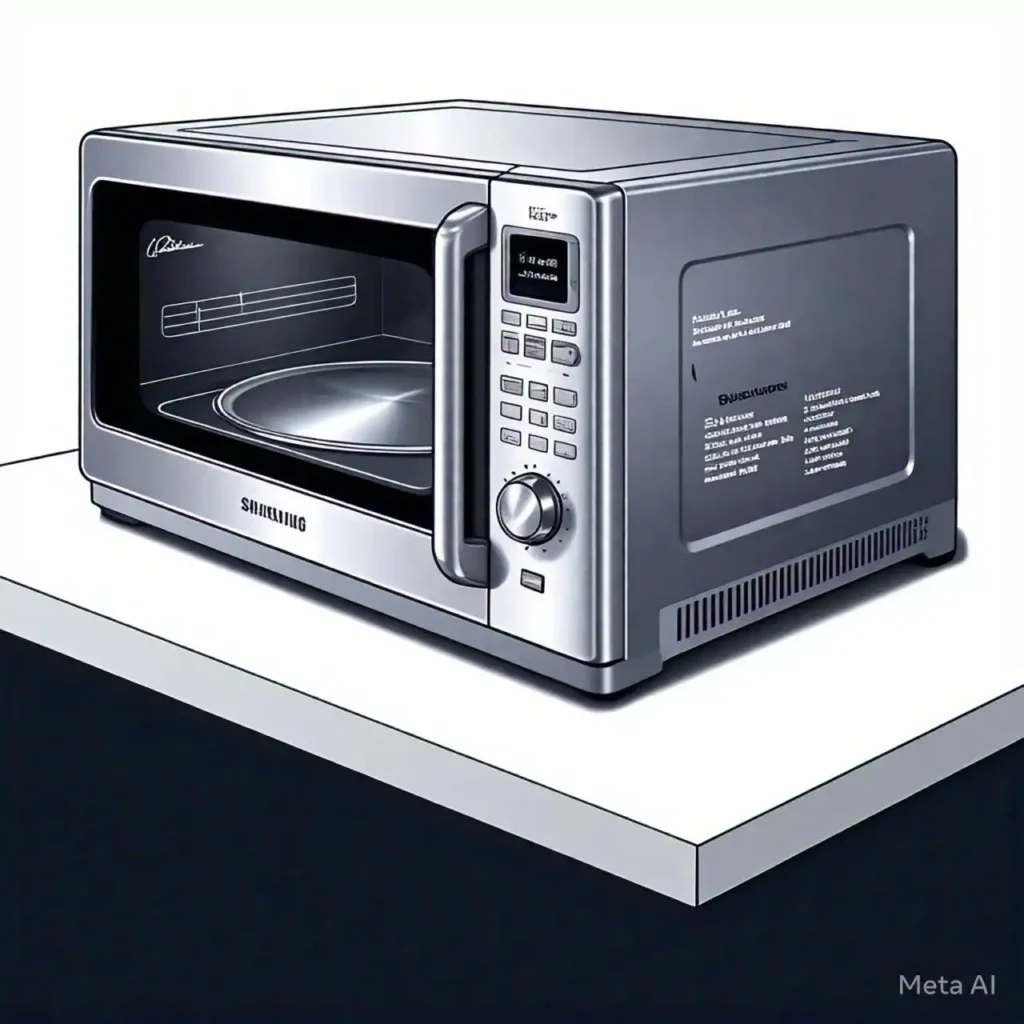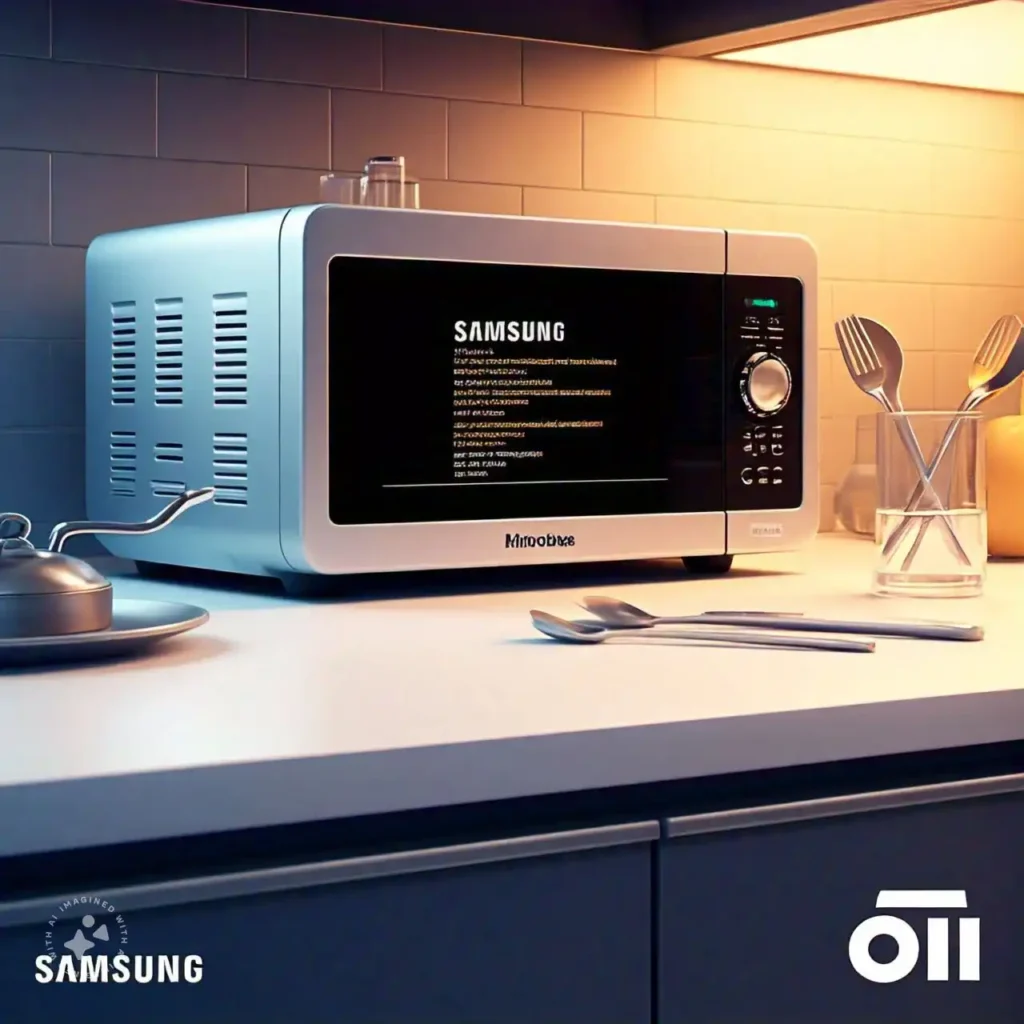When it comes to buying a microwave, most people focus on the size, brand, or price, but microwave wattage is a critical factor often overlooked. The wattage of your microwave directly affects cooking performance, energy usage, and what types of foods you can prepare. Whether you’re deciding between a 900 vs 1100 watt microwave or curious about a 1450 watt microwave and 1.5 kW microwave, understanding these differences will ensure you make the best choice for your cooking needs.
Why Microwave Wattage Matters
More watts in a microwave means more power put into cooking or heating your food. The higher the wattage, the faster and more evenly food will cook. If ever you have wondered why some foods take longer to heat in a certain microwave, it is probably because of the wattage difference.
How Does Wattage Affect Cooking Time?
The time it takes to cook your food is another factor, highly dependent on a microwave’s watt rating. Food that could take 5 minutes in a 900-watt microwave can be ready after just 3 minutes in an 1100-watt microwave. This surely makes quite a difference in texture and taste for most dishes.
900 vs 1100 Watt Microwave: A Comparison
Shoppers often compare 900-watt and 1100-watt microwaves. These microwaves have different cooking speeds and energy use. The wattage affects how well and how quickly food is cooked.
To better understand which microwave wattage might suit your needs, check out this detailed discussion on which cooks food faster or better: a 900-watt or 1100-watt microwave.
900 Watt Microwave:
- PANG Advantage: Lower power consumption and thus cheaper to operate. Will work for smaller quantities and simple heat-up applications.
- Disadvantage: Food takes longer to be cooked, and heating may be uneven in some instances, especially when one is dealing with bulky items or solid foods.
- Ideal For: Light reheating, popcorn, or softening butter.
1100 Watt Microwave:
- Benefits: faster cooking time and a more even heat. Handles more tasks-even covers defrosting, steaming, and some light baking.
- Disadvantage: It uses more electricity, but it’s much more effective.
- Ideal For: Full meal cooking, heating greater portions, quick meat defrosting.
1450 Watt Microwave: Powerful yet Efficient
A 1450-watt microwave will be a great choice for those who want to have more power. With this great wattage, these microwaves will cook almost any type of food fast and even. A microwave at 1450 watts is quite versatile with its functions, from defrosting frozen foods to prepared meals.
Benefits of a 1450 Watt Microwave:
- Ultra-fast cooking times: It reduces cooking time for big or thick foods like stews, roasts, or even whole chickens.
- Even cooking: High wattage ensures that food cooks uniformly, without cold spots.
- Versatility: Can perform complex cooking functions such as grilling or roasting in some combination microwave models.
This, itself, is more or less energy consumption. A 1450-watt microwave will surely consume more power and may raise your electricity bill if used too often.
Physics Project 1.5 kW Microwave: Industrial-Strength Cooking
For the ones that require most of the highest power output, 1.5 kW microwave or 1500 watts reveals industrial-grade performance. These are mostly found in commercial kitchens but are also available for home use if one needs a serious cooking powerhouse.
What Can You Cook in a 1.5 kW Microwave?
- Large meals: Roast whole cuts, cook big casseroles, and even bake desserts with consummate ease.
- Fast cooking: Perfect for busy homes where meals have to be ready in a question of minutes.
- Durability: They are made to be sound and last long because they are constructed for high use.
While highly effective, a 1.5 kW microwave is simply overkill for basic reheating or light cooking. They will consume more electricity, and you need to balance your cooking needs with energy efficiency.
Energy Consumption and Efficiency
The wattage of your microwave impacts its energy consumption. A microwave with higher wattage, like 1.5 kW, cooks food quickly but consumes more power.
If you use your microwave often or for extended cooking, consider a lower wattage model. A 900-watt microwave can help save on energy bills. Choosing the right wattage can balance cooking speed and energy efficiency.
For more information on choosing the right microwave for your needs, check out our detailed guide on over-the-range microwaves and discover the best energy-efficient options for your kitchen.
Microwave Wattage for Different Cooking Tasks
Different foods require different wattages for optimal results. Here’s a quick guide to which microwave wattage works best for common tasks:
- Reheating: In the case of leftovers or softening food items, the purpose is usually served with lower wattage, say 600-900 watts.
- Defrosting: About 900-1100 watts microwave power level will be perfect so as not to overheat the edges while thawing the meat.
- Cooking Full Meals: Some cooking in the microwave like pasta, casserole, and vegetables steaming uses 1100 to 1450 watts.
- Baking and Roasting: A high-power microwave does bake or roast food at 1450 watts or higher, similar to the effects of a convention oven.
Choosing the Right Microwave Wattage for Your Kitchen
Selecting the best microwave wattage depends on your cooking habits, household size, and energy consumption concerns. Here are some factors to consider when making your decision:

- Budget: Higher wattage microwaves cost a bit more to buy and operate.
- Cooking needs: If you only reheat leftovers and even make popcorn, then a low-wattage microwave will do. However, if you look forward to cooking full meals or baking, you want a microwave with at least 1100 watts.
- Space: Generally, higher wattage microwaves are larger and tend to take up a lot of space on your counter.
FAQs
What’s the difference between a 900 vs 1100 watt microwave?
A 900 watt microwave consumes less power but has longer cooking times, while an 1100 watt microwave is faster and more efficient for cooking meals.
Is a 1450 watt microwave worth it?
Yes, a 1450-watt microwave cooks more swiftly and evenly for bigger meals, but takes in lots of electricity.
What can you cook in a 1.5 kW microwave?
From reheating leftovers to full meal cooking tasks of roasts, casseroles, and baked goods-a 1.5 kW microwave can handle it all.
Does higher wattage mean better performance?
Generally speaking, yes. Higher wattage microwaves cook your food much faster, and even more so. However, they also consume more energy.
Which wattage is best for everyday use?
An 1100 watt microwave is often the best balance between performance and energy consumption for daily tasks.
Are higher wattage microwaves more expensive?
Yes, higher wattage microwaves are usually more expensive due to their advanced features and cooking capabilities.
Conclusion
When deciding on a 900W or 1100W microwave, consider the power of a 1450W model or a 1.5 kW microwave.
Wattage plays a key role in how well food cooks and how much energy is used. Higher wattage can lead to faster cooking times and better energy efficiency.
Knowing the differences in wattage helps you pick the best one for your needs. If you’re also thinking about the size and features, check out our microwave dimensions and features guide to make the right choice for your kitchen.
Hi there! I’m Ethan Thompson, a passionate writer specializing in kitchen technology, with a particular love for microwaves. My mission is to guide you in finding the best microwaves and accessories to make cooking faster and easier.
When I’m not writing about microwaves, I’m busy exploring new kitchen tools and discovering innovative cooking shortcuts. On Riavt, you’ll find honest reviews, expert tips, and practical advice to help you unlock your microwave’s full potential.
Join me as we transform your kitchen experience with insights that make cooking simpler and more enjoyable!



